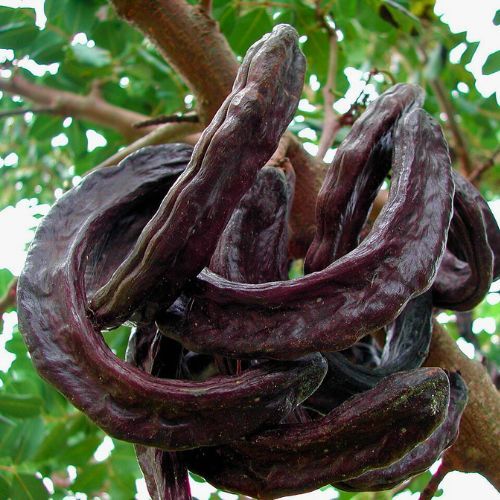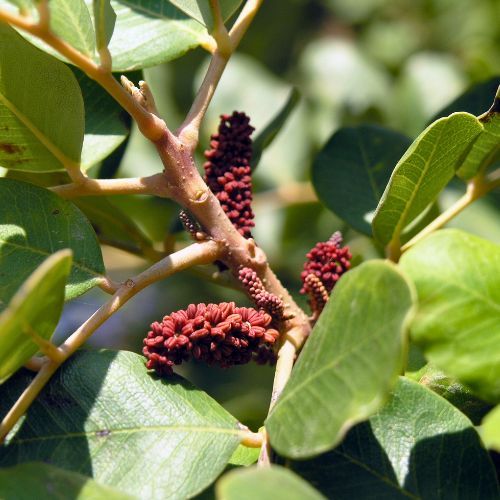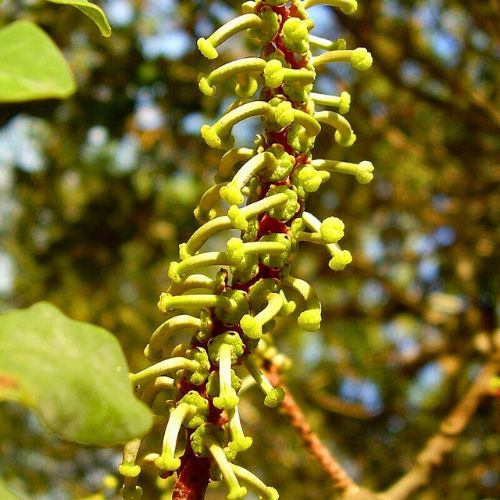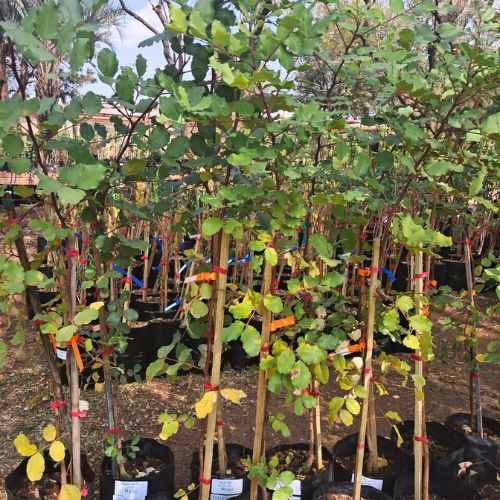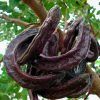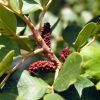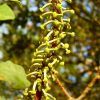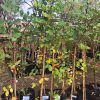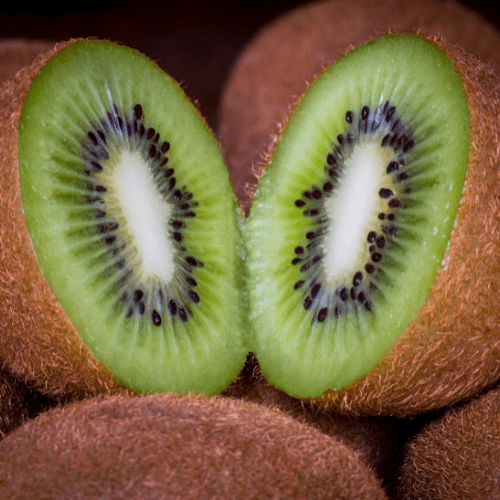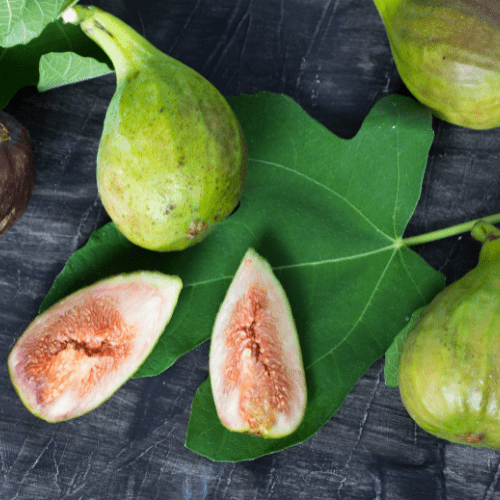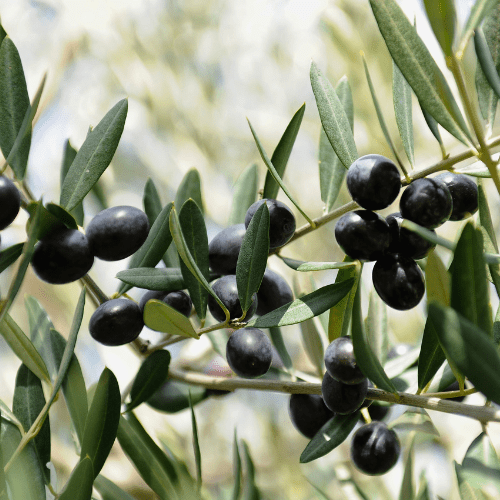Position
Choose a sunny spot with full sun exposure and at least 6-8 hours of direct sunlight daily.
Space about 10m from other trees for their mature size and to improve air circulation around the tree.
Plant to the same depth as in the nursery container.
Soil
Well-draining soil is crucial. Loamy, sandy, and rocky soil is ideal. Can tolerate some salt.
Add organic matter, such as compost, to enhance soil drainage and promote a healthy soil structure that supports root development. Adding half a bag of our Volcanic Rock Dust and a full bag of Superfrass will help promote rapid growth. They also protect the roots from insects.
Watering
Newly planted trees require consistent watering, but the soil should not be overly wet. Water deeply once a week, allowing the top few inches of soil to dry out between waterings.
Once established, water the top 1-2 inches of soil when they are dry. Reduce frequency during cooler months. Over-watering can lead to root rot.
Mulching
Add a thick layer of pine bark mulch, keeping it approximately 5 cm thick, away from the tree trunk (any closer may cause excess moisture and damage the trunk). This mulch helps retain moisture in the soil, prevents weed growth, and provides a protective layer for the roots.
Fertilising
Apply 1 teaspoon every 4-5 months of our slow-release nitrogen-rich all plant fertiliser. The roots will absorb what they require.
Pruning
Pruning is not necessary, but it can be done to maintain the tree’s shape.
Pests and Diseases
The primary pests are scale insects, including the oleander scale, the carob moth, and the leopard moth, which target the tree’s leaves, branches, and fruits. Other minor pests can include aphids, borers, mealybugs, and rodents. Regular inspection and appropriate pest control measures can help manage these issues.
Be mindful of fungal diseases, such as root rot. To reduce disease risk, ensure good air circulation, and avoid overwatering.
Agricultural Neem Oil or Effective Microorganisms (EM Control) will assist in either prevention or after the fact. If you already have aphids or mites, wash the tree with a harsh hosing, and when dry, spray with Neem oil or EM Control.
Harvesting
Pods are ready to harvest in late summer.

